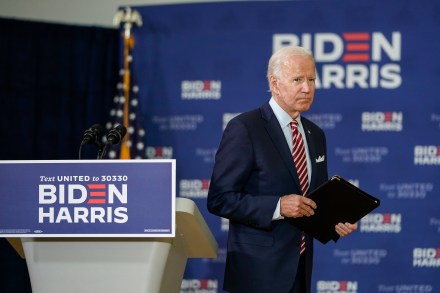Where’s Boris? A government at sea
37 min listen
From Covid to Brexit to even the culture wars, Boris’s performance seems to have been lacklustre. Where is the effervescent leader he was promised to be? (00:45) Sweden’s violent crime is spiking – and are politicians afraid to say why? (16:45) And on the other side of the world, why are the Japanese so much happier to wear masks? (27:55) With Spectator Editor Fraser Nelson; Director of Political Insight Stewart Jackson; journalist Paulina Neuding; the FT’s Nordic Bureau Chief Richard Milne; Professor Jordan Sand; and Spectator Assistant Editor Lara Prendergast. Presented by Cindy Yu.




















